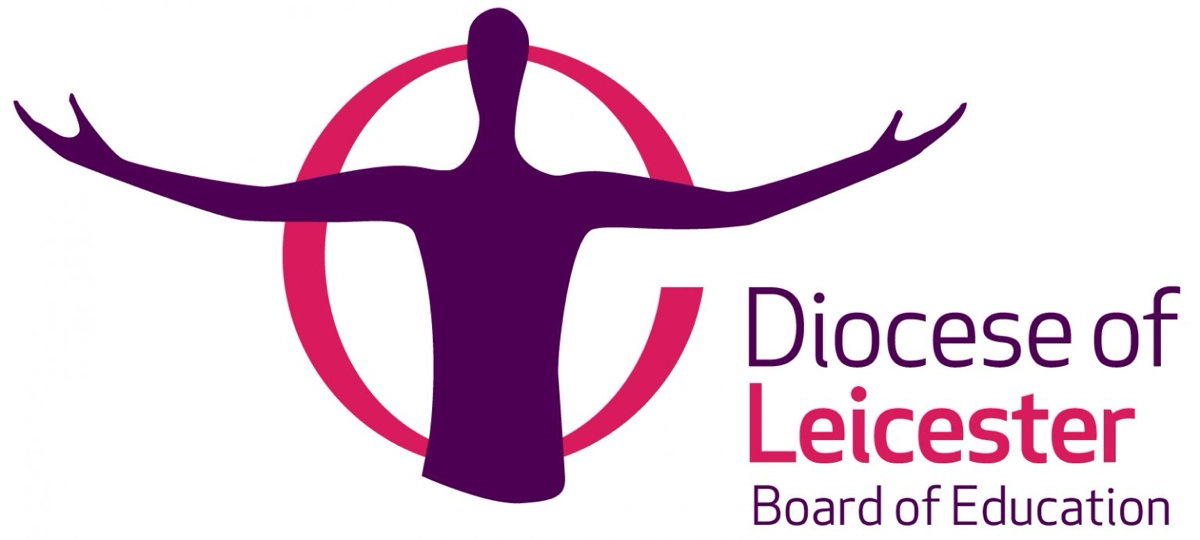At Brockington College, History is taught through a chronological journey that also draws out key themes across time. Our curriculum explores political, social, economic and cultural history, reflecting the diverse society in which we live. We aim to give students a clear understanding of the events that have shaped local, national and global history from the medieval period to the present day.
Equally important is developing an appreciation of the varied experiences of rich and poor, men, women and children, and people from different ethnic backgrounds, so that students build a broad and inclusive understanding of the past. Alongside this knowledge, pupils develop essential historical skills such as analysis, evaluation and critical thinking that help them to make sense of the diverse world around them today.
Above all, our aim is to inspire students to be curious about the past and the world they live in, encouraging them to question, explore and form their own perspectives.
The pillars of curriculum intent in our History department outline our vision for enabling students to “live life to the full” through the study of history. To achieve this, we will:
- carefully select the vocabulary to teach and focus on
- investigate links between words and their composite parts
- use activities to engage students with developing the use of key terminology
- explicitly model the conventions of historical analysis and evaluation
- prioritise reading as a means of engagement
- communicate points of view
- use feedback to investigate knowledge and understanding
- provide feedback regularly and on specified pieces of work
- provide feedback as comments and through whole class feedback
- provide meaningful opportunities to respond to feedback through DIRT time
- teach chronologically but also include thematic studies
- investigate conceptual links between terminology and time periods
- use language to build a sense of period
- challenge preconceptions politically / morally / socially.
- consider and interrogate interpretation
- provide authentic learning experiences
- explore and emphasise links with the locality
Actively teach disciplinary skills throughout the curriculum:
- change and continuity
- similarity and difference
- chronology
- historical significance
- cause and consequence
- historical interpretation
Programmes of study
| Year 7 | Year 8 | Year 9 | Year 10 | Year 11 |
| Migration through time | Stuart England | The Twentieth Century World (including WW1, the inter-war years, WW2, and the Cold War) | Medicine through time | Elizabethan England |
| The Medieval World | Empire and slavery | Change in the USA in the 1950s and 1960s (including civil rights) | Weimar and Nazi Germany | Superpower relations and the Cold War |
| Tudor England | The Industrial Revolution and women’s’ suffrage |

